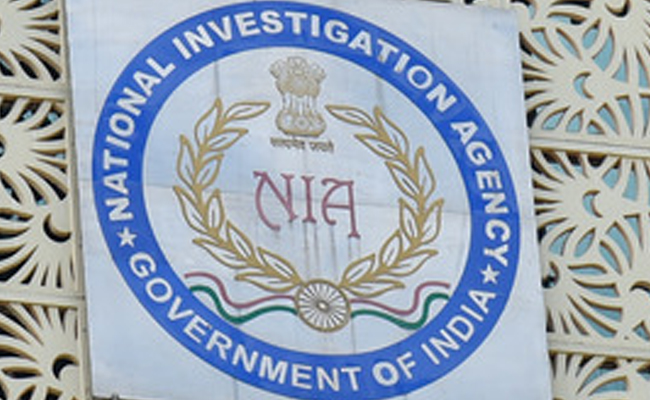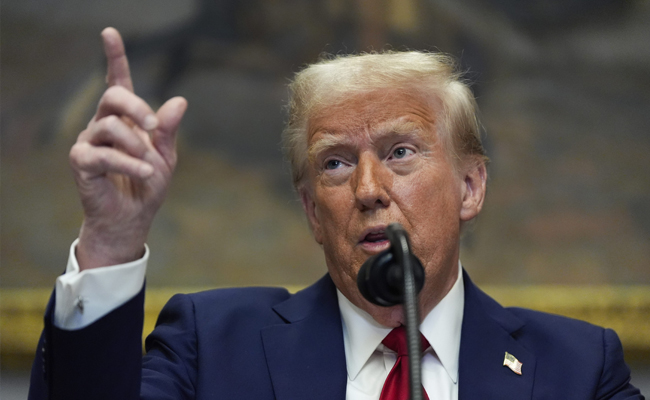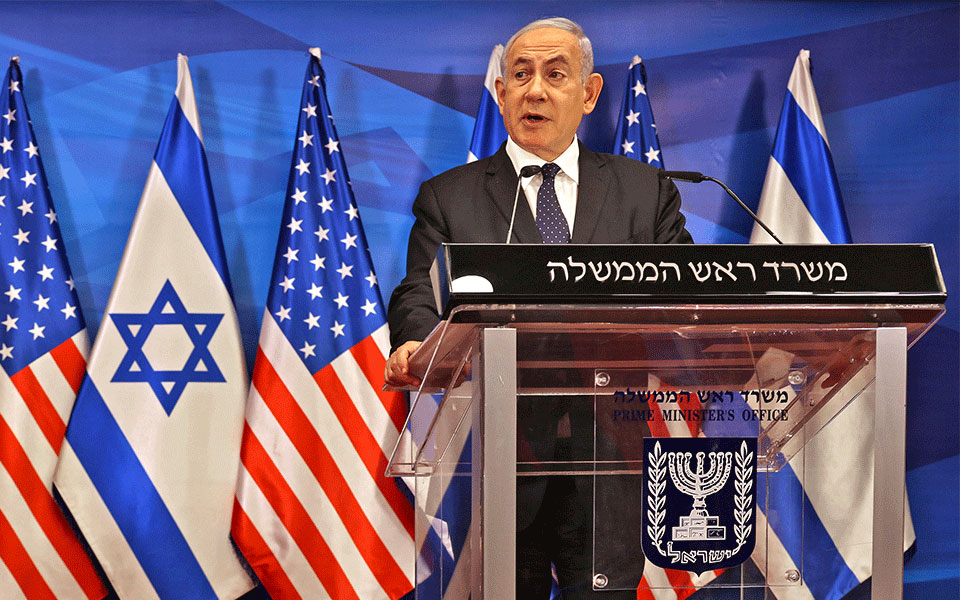Mumbai (PTI): A special court here on Monday denied bail to Salim Qureshi, a member of fugitive don Dawood Ibrahim's gang, who was arrested by the National Investigation Agency (NIA) for allegedly aiding the gang's terrorist activities.
Special NIA judge B D Shelke rejected the bail application of Salim Qureshi alias Salim 'Fruit', a close aide of fugitive gangster Chhota Shakeel, who was a key member of the Dawood Ibrahim gang.
Qureshi was arrested by the NIA in August last year for allegedly aiding the underworld don terrorist activities.
The federal probe agency has alleged that Qureshi played an active role in extorting huge amounts of money in Shakeel's name from property dealings and dispute settlements for raising "terror funds in furtherance of terrorist activities of D-company".
The agency had on February 3, 2022 registered a case related to "terrorist and criminal activities" such as smuggling, narco-terrorism, money laundering, circulation of fake currency, raising terror funds and working in active collaboration with international terrorist organisations, including Lashkar-e-Taiba, Jaish-e-Mohammad and Al Qaeda by fugitive gangster Dawood Ibrahim and his associates.
Let the Truth be known. If you read VB and like VB, please be a VB Supporter and Help us deliver the Truth to one and all.
Bidar: A man in Bhopalgad village of Kamalnagar taluk, identified as Ankush (35), allegedly murdered his wife Nirmala (32) on Wednesday morning, with the suspicion that she was having an extramarital relationship.
A case has been registered at Kamalnagar Police Station and the officers are investigating the incident.
The police have said that, following repeated fights with her husband Ankush recently, Nirmala shifted to her hometown, Belakuni village, for a few days before returning home.
On Wednesday morning, Ankush is learned to have hacked her to death using a lethal weapon, allegedly suspecting Nirmala’s fidelity, the officers added.





